Our Mission to Protect the World’s Forests
We are working in 60+ countries to build sustainable, rural economies—a proven strategy to keep our forests standing.
Home / Issues / Forests & Biodiversity / Page 17
Forests are critical to every living thing on Earth. Not only do they give us clean air, shelter, and rain, they house 80 percent of the world’s terrestrial biodiversity. Alarmingly, humans have destroyed half of the world’s tropical forests and driven extinction rates up thousands of times higher than what is natural.
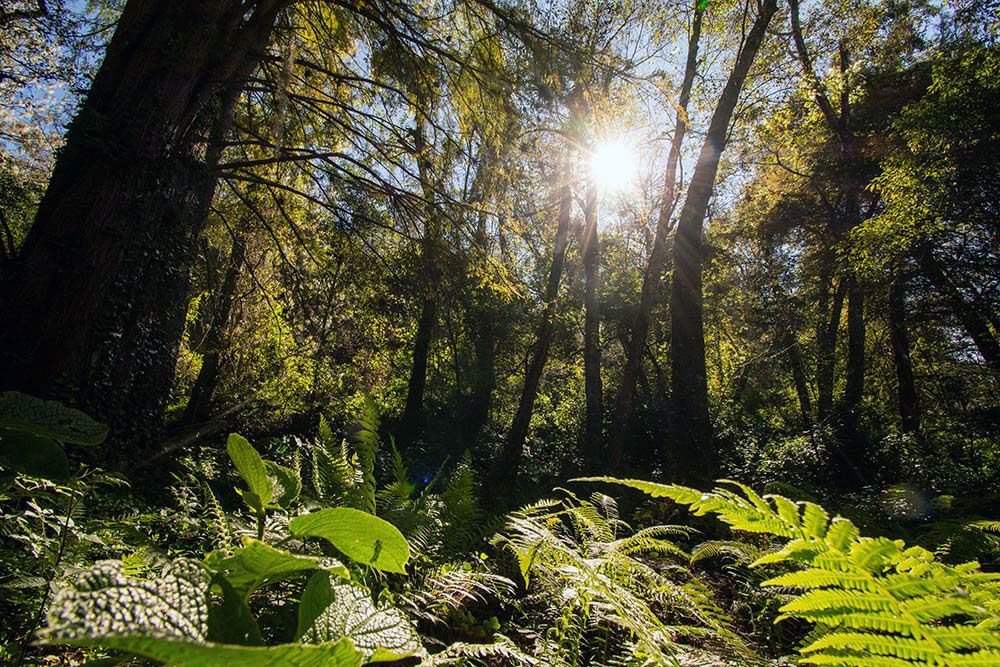
Forests are a powerful natural climate solution. As trees grow, they absorb and store carbon emissions, while releasing oxygen into the atmosphere. Conserving forests could cut an estimated 7 billion metric tons of carbon dioxide each year—the equivalent of getting rid of every car on the planet.
![]()
in the forest concessions of the Maya Biosphere Reserve, Guatemala*
In Guatemala’s Maya Biosphere Reserve, twelve community forestry concessions safeguard around 417,269 hectares of the largest and most important tropical forest north of the Amazon. These community-run concessions boast a near-zero deforestation rate—a remarkable feat given that adjacent areas suffer some of the highest deforestation rates in the Americas.
*Community forestry concessions in Guatemala’s Maya Biosphere Reserve have demonstrated a near-zero deforestation rate, since data collection began in 2000. Data accurate as of December 2019.
![]()
From 2020 through 2021, farmers we work with in the buffer zone of Indonesia’s Bukit Barisan Selatan National Park planted 45,000 trees in the area directly bordering the park. In addition, we identified 80 farms that sit in a wildlife corridor used by the critically endangered Sumatran elephant. We supported these farmers in planting species that suit the elephants’ diet.
*Data accurate as of December 2022
Together with forest and farming communities, Indigenous leaders, companies, governments, and global citizens, the Rainforest Alliance works in 58 countries to promote more sustainable land management practices while cultivating thriving rural economies—the most widely proven strategy to restore biodiversity and keep our tropical forests standing.
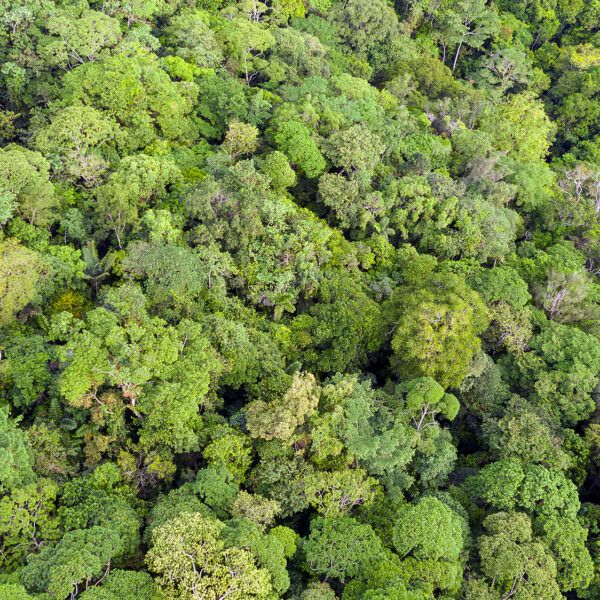
We are working in 60+ countries to build sustainable, rural economies—a proven strategy to keep our forests standing.
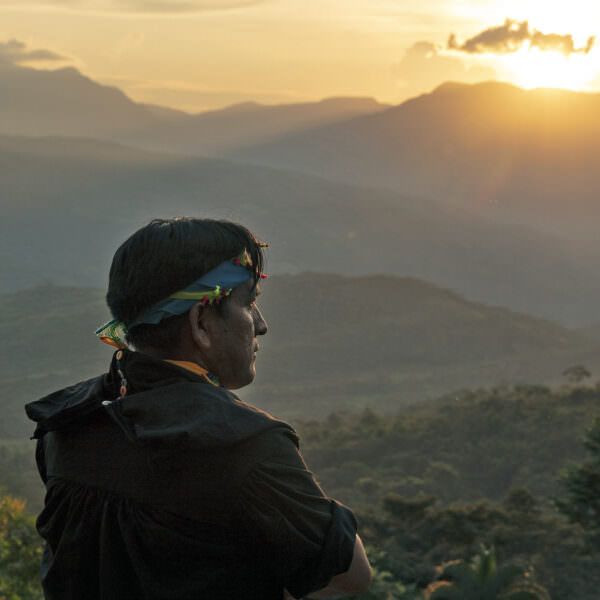
Indigenous peoples and local communities have an unsurpassed connection to the Earth's forests.
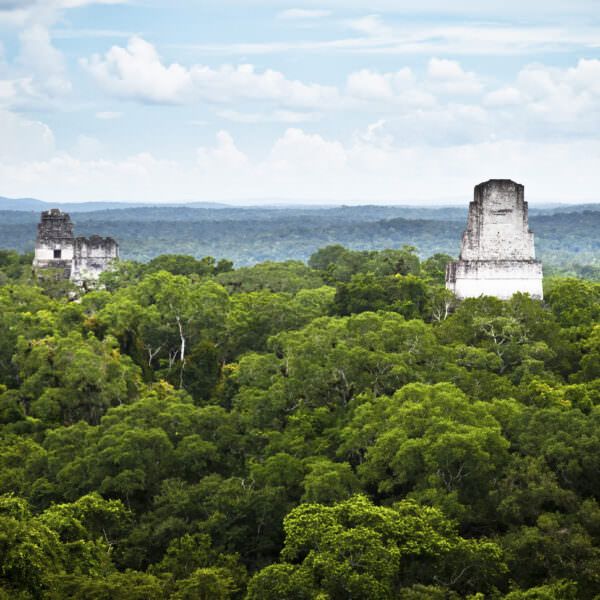
The forest concessions of the Maya Biosphere Reserve have boasted a near-zero deforestation rate for 20 years.
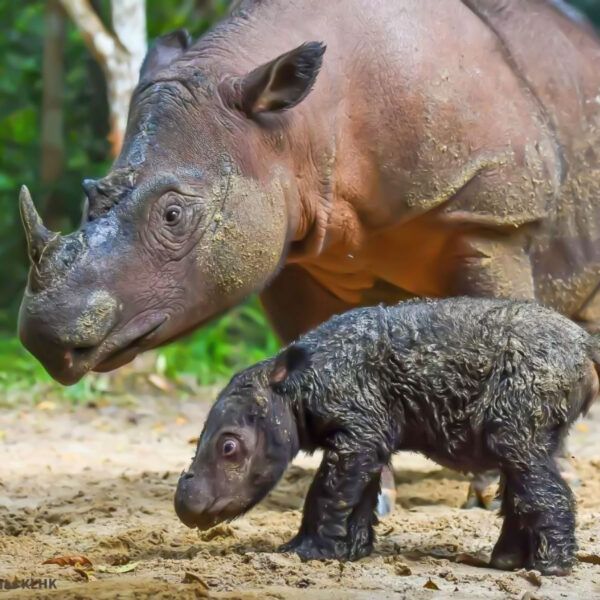
We're training coffee farmers in the Bukit Barisan Selatan National Park buffer zone to help them conserve biodiversity and improve their livelihoods.

Conserving forests is at the heart of the Rainforest Alliance’s mission. This paper outlines our principles and strategies for stopping forest degradation and supporting forest communities in vulnerable tropical regions. These include our pathway towards integrated community forest management. This approach recognizes the interdependency of local communities’ livelihoods and their natural environment, and helps create […]
Climate change and inequality are inextricably bound, and we need to recognize that who owns, controls, and benefits from natural resources determines the future of the land—and the communities who call it home.

To achieve emissions reduction goals in a credible manner, companies with significant land footprints must take early action to eliminate deforestation and conversion.
Giving indigenous communities legal title to their land has been shown to be more effective at protecting forests than declaring them national parks.

Governments must invest far more in protecting the world's tropical forests, a key ally in warding off climate change and future pandemics.

The African country of Uganda is one of the world’s largest consumers of bananas. But for every ton of the fruit, plantations leave behind two tons of refuse. TexFad transforms them into tough fiber that can be woven into rugs, place mats, and even hair extensions.